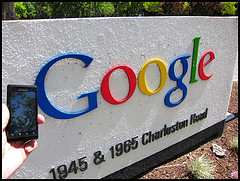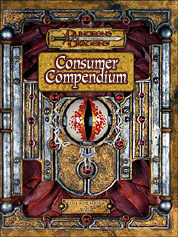The power to silence the annoying schmo yabbering away on their cellphone rests within a small black box the size of a cigarette pack. Selling for as little as $50, cellphone jammers can spew radio signals powerful enough to disrupt all nearby cell signals. The downside? It’s illegal.
The Federal Communication Commission says people who use cellphone jammers could be fined up to $11,000 for a first offense. Its enforcement bureau has prosecuted a handful of American companies for distributing the gadgets — and it also pursues their users.


















